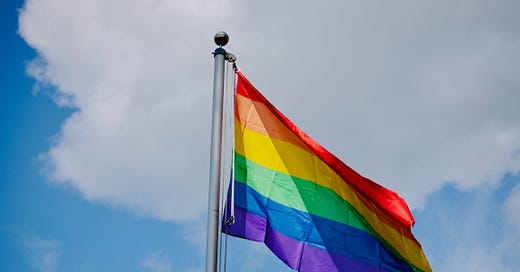Stonewall is about politics not common sense
As the equality commission is discovering, the LGBT charity carefully polices views that deviate from its ‘consensus’
“Everything is politics,” said the novelist Thomas Mann. The problem, he should have added, is that we only ever realise this when confronted with opposing views.
This dynamic has long played out in universities. To some, free speech on campus is curtailed by trigger warnings and no-platforming. To others, the whole idea that censorship is rife is a right-wing myth. Which side you fall on correlates with the extent to which your own views rub against the grain of fashionable thinking.
If you agree that the curriculum needs decolonising, that people should declare their pronouns and that sexual consent training should be mandatory, you are unlikely to find yourself challenged or silenced. “What free-speech crisis?” you may well ask. Question these practices and the censorious nature of higher education soon becomes apparent.
When our own views reign supreme we convince ourselves that we exist in the realm of common sense, not politics. When we mix only with the like-minded we believe not only that we are right but that there is no debate to be had. It’s only the awkward people who disagree that insist on “politicising” issues. In this way, decisions to fly the pride flag on public buildings, change the text on a historical plaque or leave the word “woman” off an advert for cervical cancer screening are nodded through countless committees before ever confronting opposition. When disagreement comes it feels like an affront. How dare people politicise the bureaucratic march of progress?
Continue reading at The Times.




